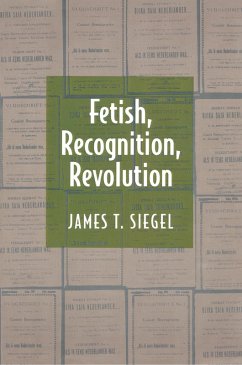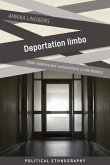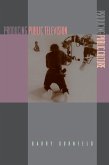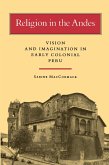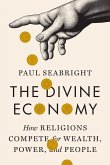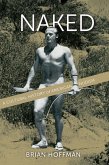This book concerns the role of language in the Indonesian revolution. James Siegel, an anthropologist with long experience in various parts of that country, traces the beginnings of the Indonesian revolution, which occurred from 1945 through 1949 and which ended Dutch colonial rule, to the last part of the nineteenth century. At that time, the peoples of the Dutch East Indies began to translate literature from most places in the world. Siegel discovers in that moment a force within communication more important than the specific messages it conveyed. The subsequent containment of this linguistic force he calls the "fetish of modernity," which, like other fetishes, was thought to be able to compel events. Here, the event is the recognition of the bearer of the fetish as a person of the modern world.
The taming of this force in Indonesian nationalism and the continuation of its wild form in the revolution are the major subjects of the book. Its material is literature from Indonesian and Dutch as well as first-person accounts of the revolution.
The taming of this force in Indonesian nationalism and the continuation of its wild form in the revolution are the major subjects of the book. Its material is literature from Indonesian and Dutch as well as first-person accounts of the revolution.
Dieser Download kann aus rechtlichen Gründen nur mit Rechnungsadresse in A, D ausgeliefert werden.

